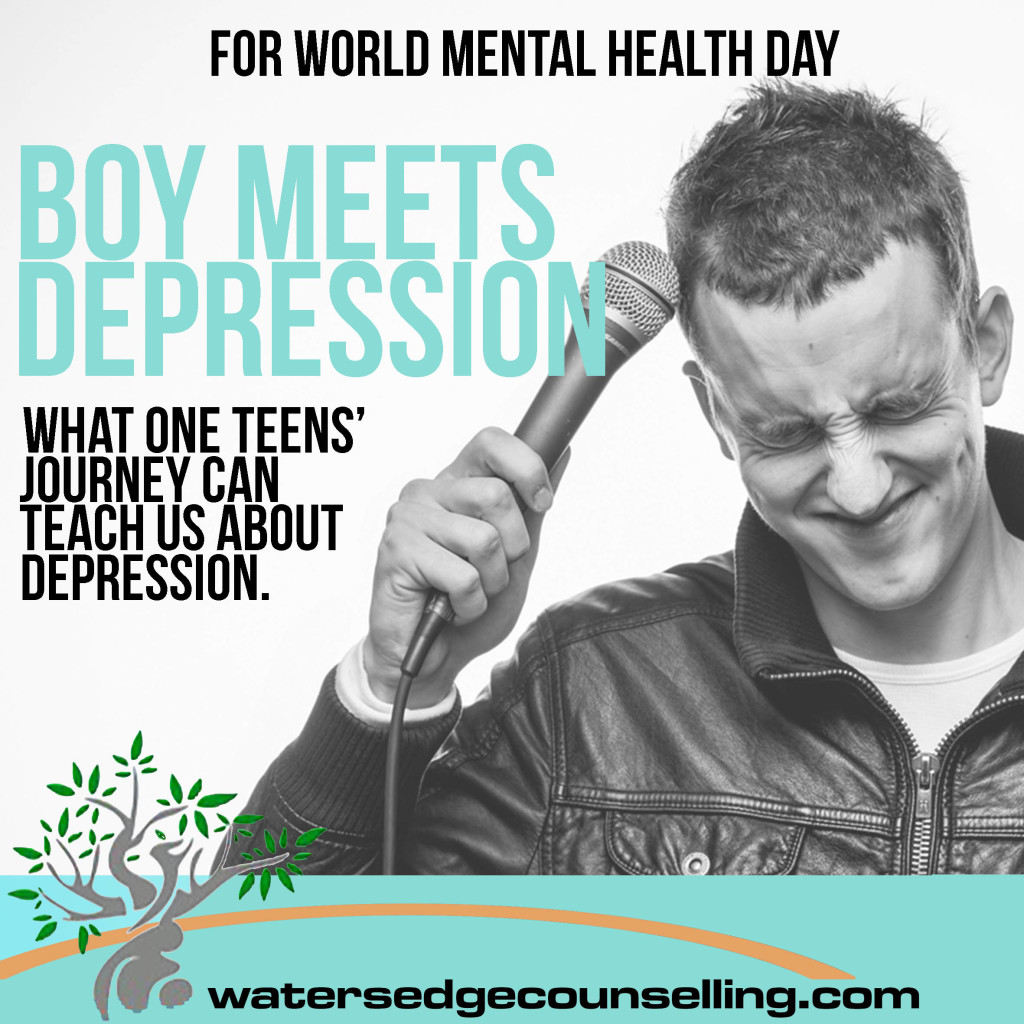
What does it mean to meet depression? What does it look like, to have it take you by the hand and slowly infiltrate your life, until you forget what your existence was like before it was present?
This World Mental Health Day, we want to explore what it means to meet depression. Few people explain it so vividly as 21- year-old comedian Kevin Breel, in his book “Boy Meets Depression.”
Beyond Blue tells us that Depression is the leading cause of disability, and that it is estimated 1 million Australian’s experience Depression every year. In Australia, 1 in 5 people will be affected by mental illness, yet 65% of people with a mental illness do not seek treatment (Black Dog Institute). Statistically, you know someone with depression, or perhaps you live with it yourself. In any case, it is common. And while we tend to sweep it under the rug, as it’s something we can’t visibly see- like a broken limb- we are incapacitated by it on a daily basis.
In “Boy Meets Depression” we are given a close up account of what this unwelcome and often unexpected guest (or permanent resident) looks like through the eyes of a teenager. We also see the warning signs and the scenarios that pre-empt it.
Family of Origin
Even as a child, Breel knew his family was unhealthy. His parents slept in different bedrooms and showed no love to each other, and his father, being severely depressed, constantly drank alcohol to numb his pain. His older sister was never home in an effort to escape the conflict. But 5-year-old Breel was unable to escape, so he simply came home to an empty house, living inside his own imagination to pass the time.
Every family of origin will look different, but a broken relationship between spouses and with one or both parents sets the stage for depression. This may appear early for children and adolescents, but for some adults it may occur later in life as they confront unresolved issues.
Social Environment
There are few things harsher than the school environment. Breel found this first hand when he was the victim of perpetual bullying from a young age. There is no rhyme or reason to bullying, but an awareness of it in the schoolyard, work place or home, is key to understanding depression. Breel’s constant torment fed him lies about his lack of value and identity, and ultimately resulted in a misrepresentation of himself as he entered his teens and was diagnosed with severe depression.
Grief
Grief over a loved one, a past relationship or an experience, can all play an instrumental role as Depression extends it’s hand towards us. After losing his best friend in a car accident at 12, Breel felt even more alone in the world and lived in a perpetual state of grief. He changed schools to escape the questions and concern that followed.
Masks
When we are experiencing depression, we will often try to cloak this from the people around us. Breel’s insecurities were virtually invisible to the people around him as he threw himself into the role of the class clown and the comedian. His persona protected him from being fully known, while inside he hated himself. It was this mask that followed Breel into his darkest moments, as he penned a suicide note to his mother.
It was in this moment that things began to change for Breel. There is no easy ‘cure’ for Depression, and after deciding to literally stay alive, a long and difficult journey followed for Breel. It took time for him to open up and share his struggles with his mother, and countless therapy session to begin working through the depression that had nearly taken his life.
When we meet Depression, we become a shell of who we are. While it ultimately comes down to the individual to choose recovery, understanding these warning signs gives us the ability to ask the question, “Are you ok?” This opens the door for help, showing the people we care about that there is a way out. There is life beyond depression.
Kevin Breel’s book ‘Boy Meet’s Depression’ is available on Amazon.
For more information on what it means to meet depression, watch Kevin’s TedX Talk ‘Confessions of a Depressed Comic’ here.
If you are struggling with Depression or thoughts of self harm or suicide, please call Lifeline on 13 11 14.
If you are struggling with feelings of sadness, despair, depression, severe anxiety or thoughts of suicide, it is important that you seek professional health assistance as soon as possible to help you recover. Your G.P. and/or a Professional Counsellor can give you the additional support you need. For a FREE 10 minute consultation as to how we can help you, ring Colleen on 0434 337 245 or Duncan on 0434 331 243 or you can book an appointment with Colleen or Duncan ONLINE NOW.

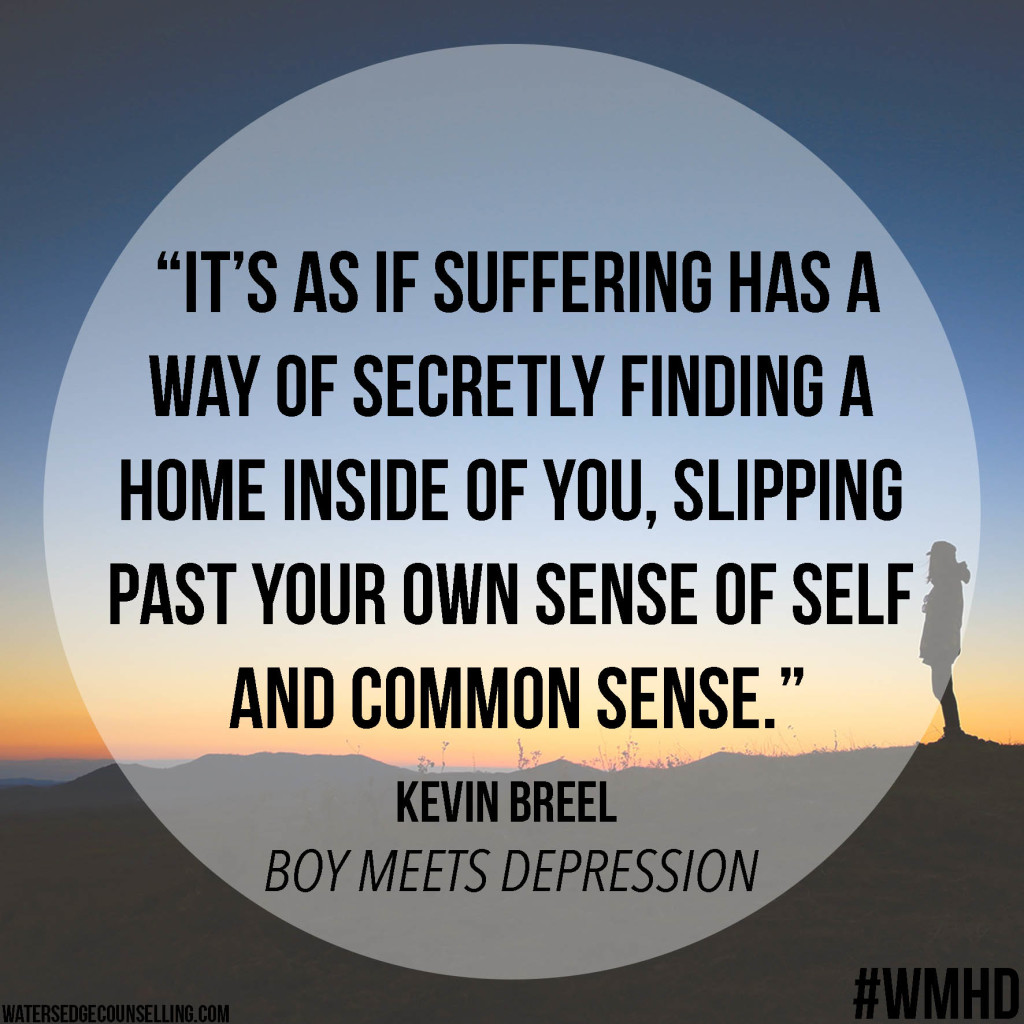
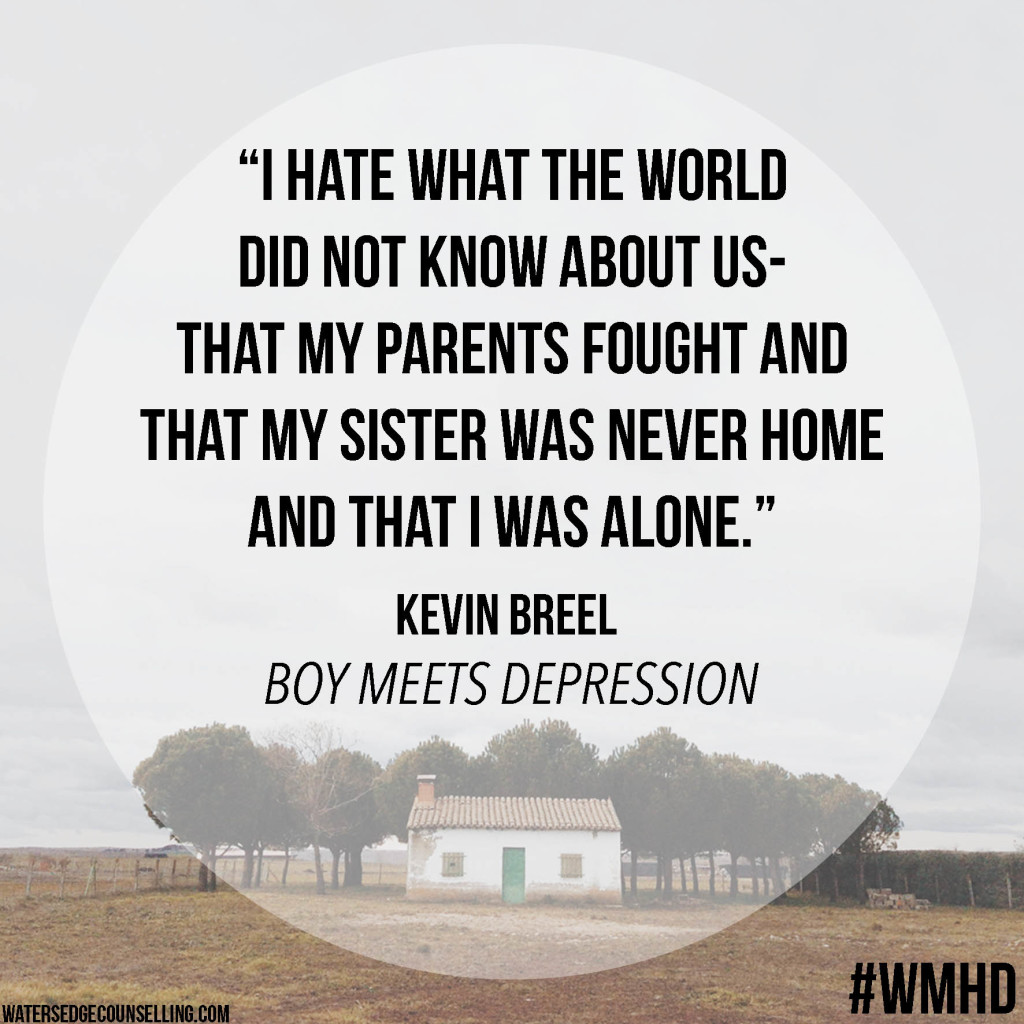
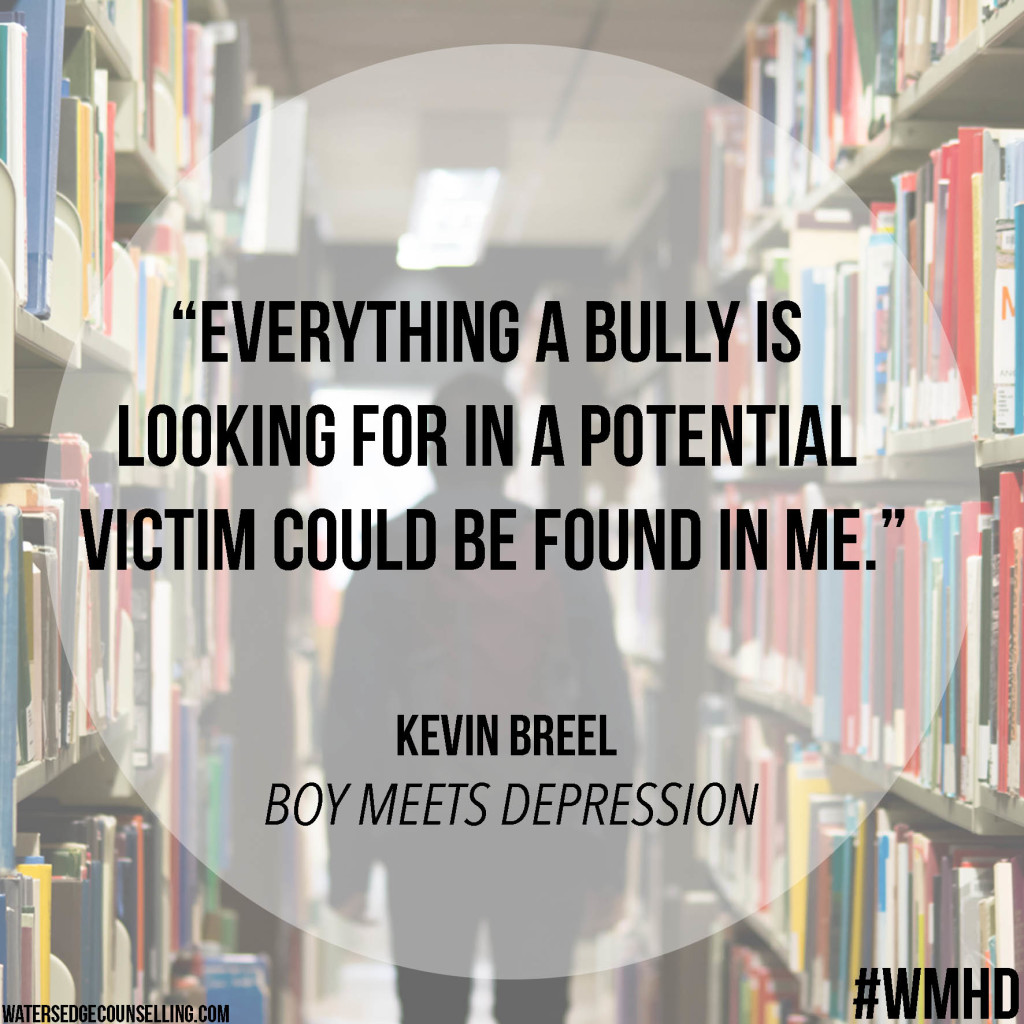
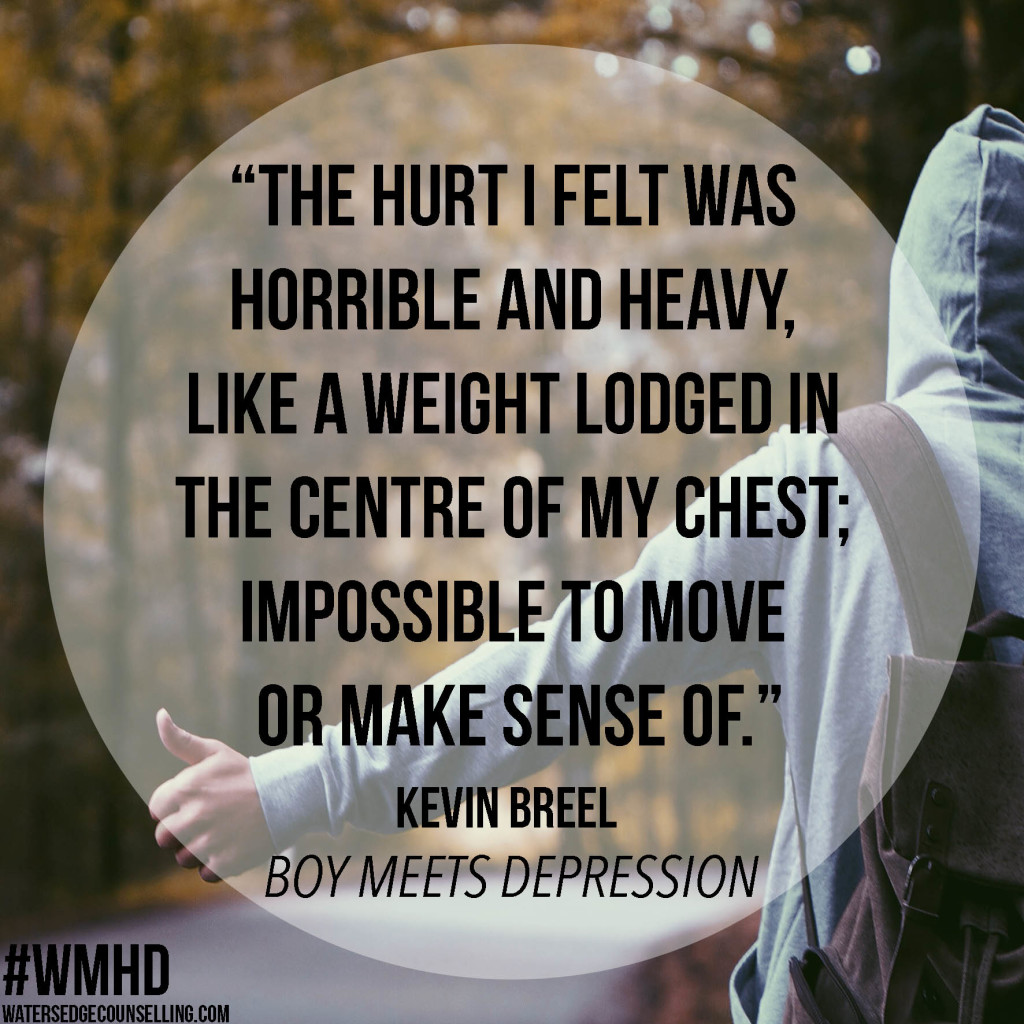
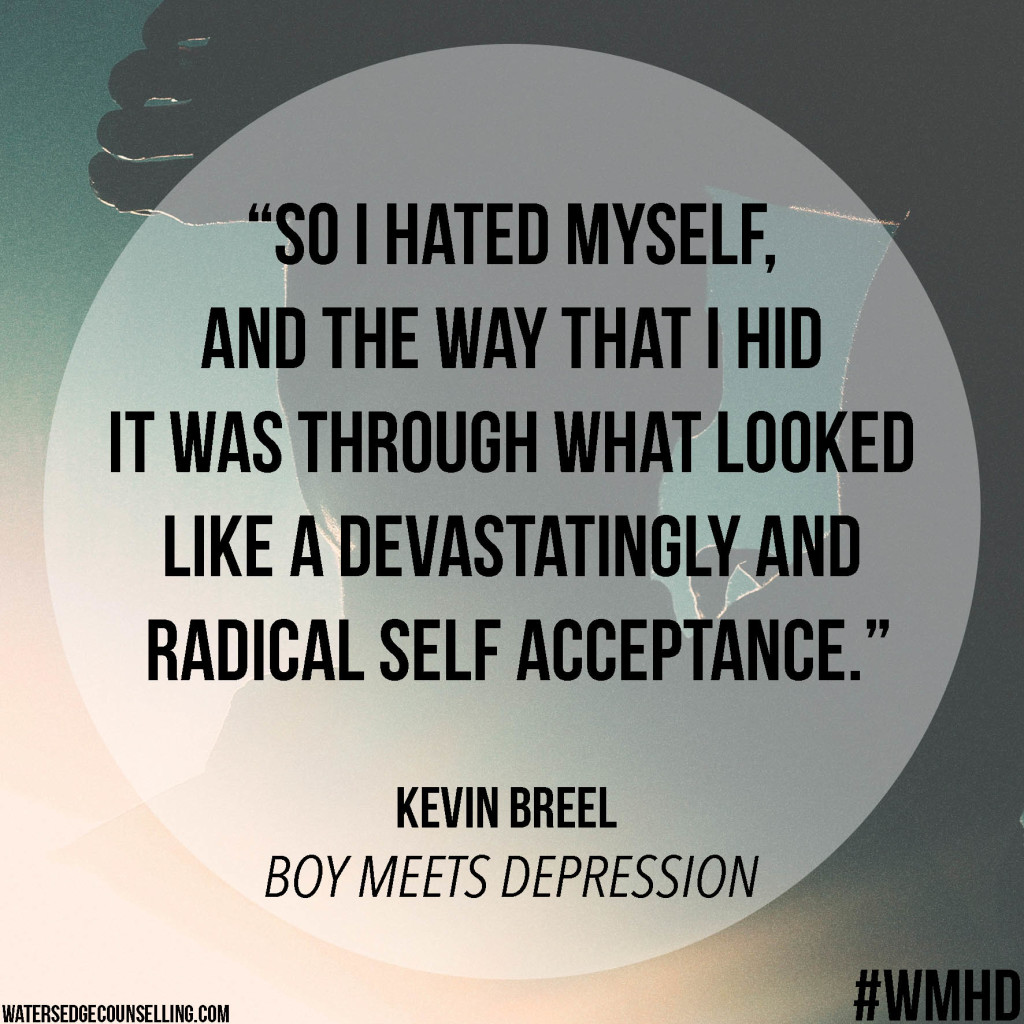
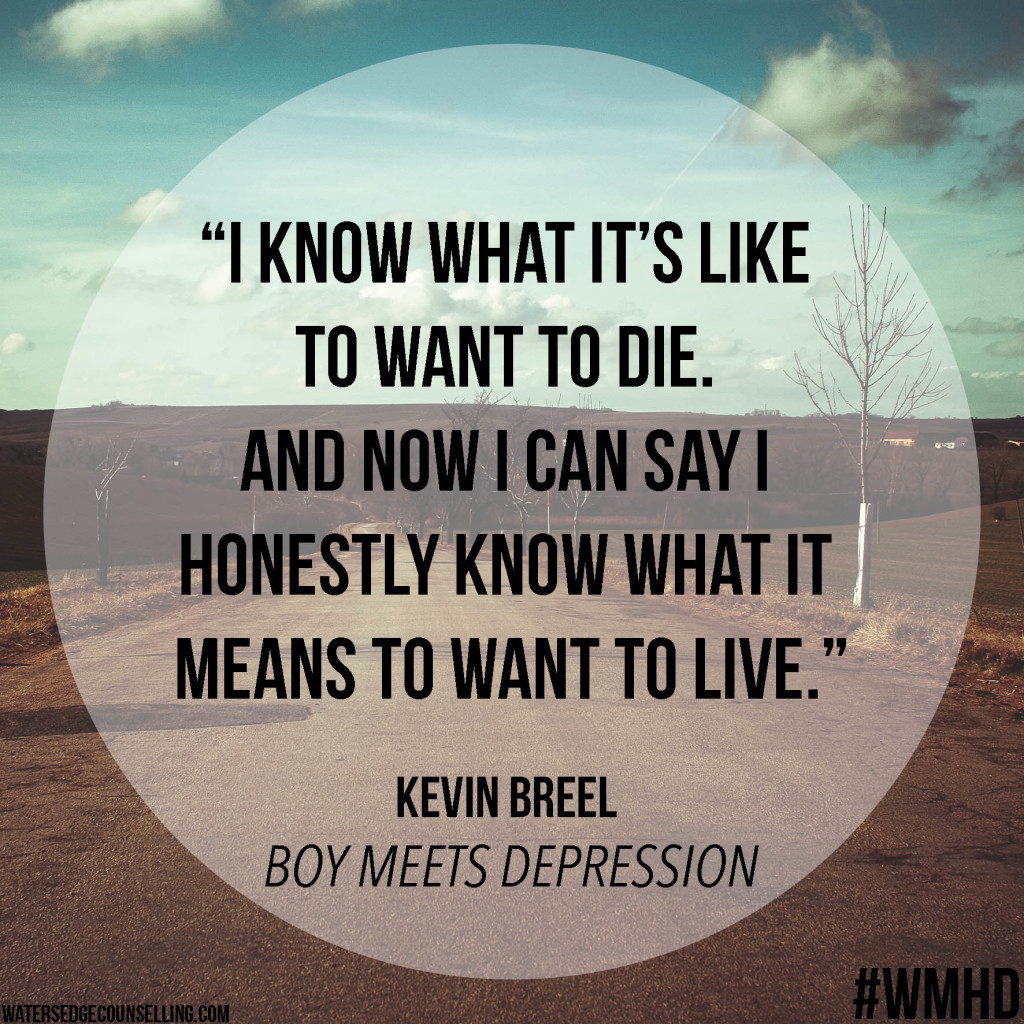
Leave a Reply